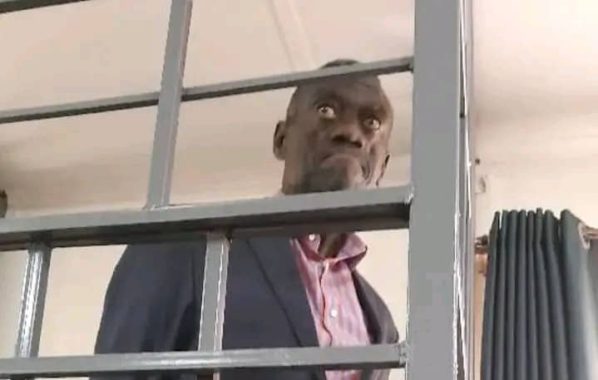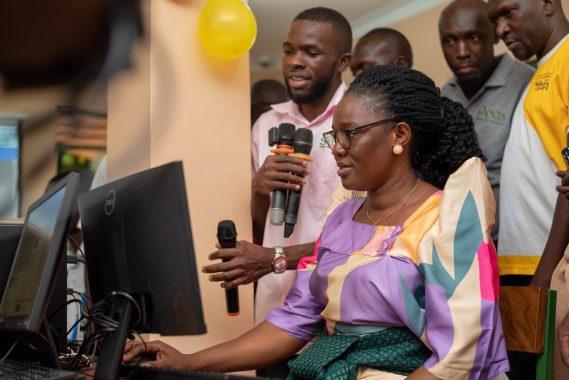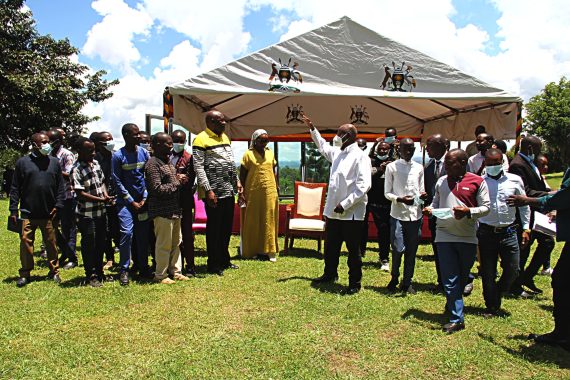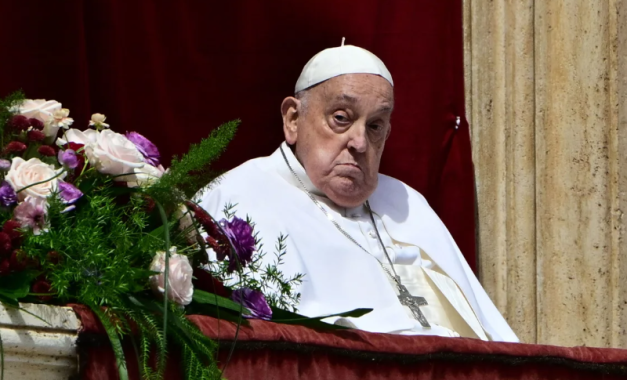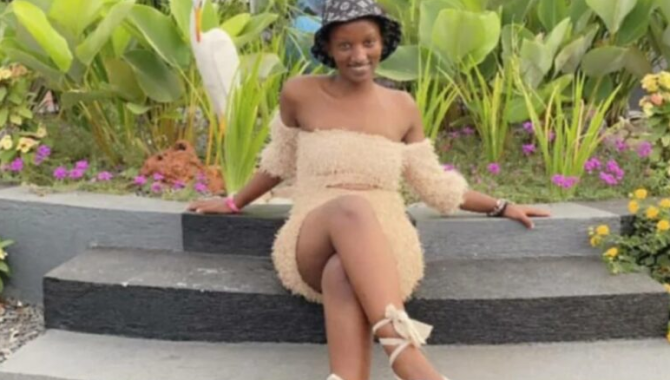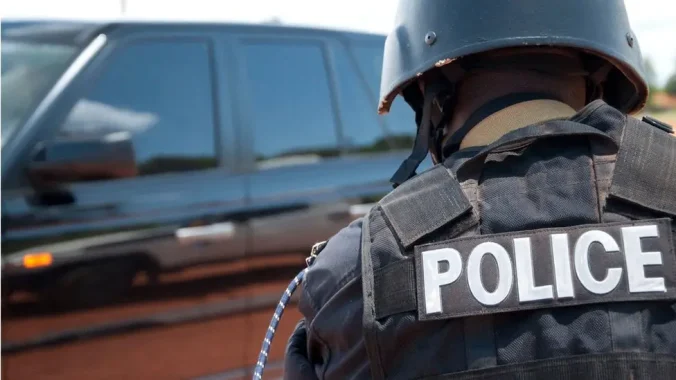Farouk Kirunda, the Deputy Spokesperson and Special Presidential Assistant on Press and Mobilization, has advised the legal team and supporters of opposition figure Dr. Kizza Besigye to concentrate on securing his bail during his next court appearance.
Kirunda says that the process for bail is well-established under the Constitution and should be pursued diligently.
In a post on his social media, he dismissed arguments questioning the legal jurisdiction of the General Court Martial, stating that it remains fully operational and has been handling various suspects on different charges effectively.
“Challenging the Court Martial politically will not lighten Dr. Besigye’s legal burden at this moment,” Kirunda remarked.
He also pointed out that Dr. Besigye could explore the option of a presidential pardon, a privilege granted under established legal procedures and previously extended to other individuals.
The remarks come amid ongoing discussions about Besigye’s legal challenges, with some of his supporters decrying the circumstances of his arrest and trial.
Gen Freeman Mugabe, the chairman of the Army Court Martial remanded Dr, Besigye to Luzira until December 2. He was charged with four counts.
Court heard that Dr Besigye, and accomplice Obeid Lutale, and others still at large, between October 2023 and November 2024, held meetings in Geneva (Switzerland), Athens (Greece), and Nairobi (Kenya) “aimed at soliciting logistical support and identifying military targets in Uganda with intent to prejudice the security of the defence forces.”
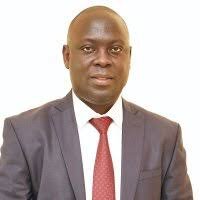
Presidential pardons are a legal mechanism that can relieve individuals convicted of crimes from serving their sentences, provided the proper procedures are followed. In Uganda, this process is governed by both national laws and international principles.
Under Article 121 of the Constitution, the President exercises the prerogative of mercy. This authority, granted on the advice of a specialized advisory committee, allows the President to issue pardons. These may be unconditional or subject to certain lawful conditions, depending on the nature of the case and the recommendations made.
Additionally, Article 28(10) guarantees that no person can be tried for a criminal offence if they have been pardoned for that offence. This underscores the protective role pardons play in reinforcing human rights and fair judicial processes.
On the international stage, the Rome Statute introduces a nuanced perspective on pardons. Article 17(1)(b) states that cases are inadmissible if a competent State has investigated and decided not to prosecute someone unless that decision stems from a lack of willingness or capacity to pursue justice genuinely. This ensures that pardons or decisions not to prosecute do not undermine the pursuit of accountability for grave offences.
Presidential pardons serve as a critical avenue for justice, often balancing mercy with the rule of law. However, they are subject to clear legal guidelines to prevent misuse and maintain public confidence in the justice system.




